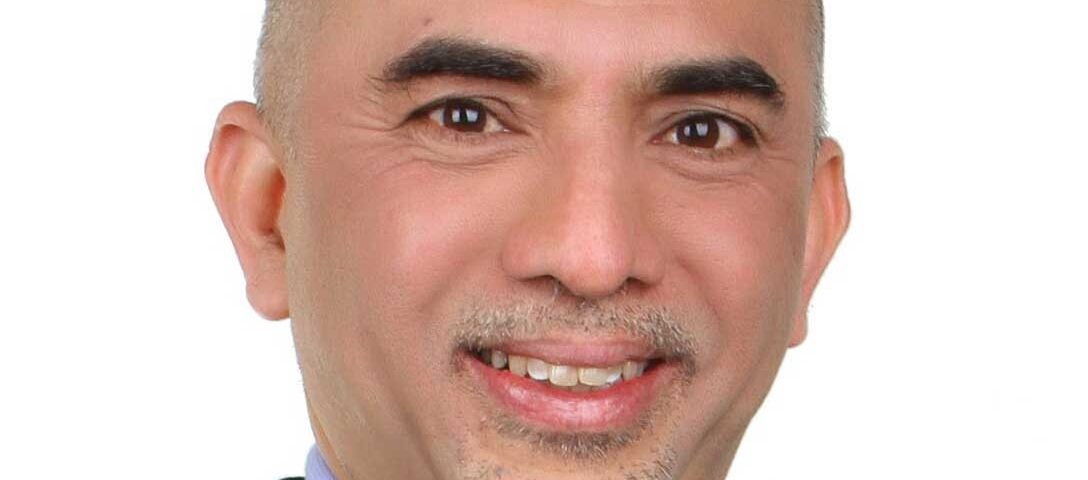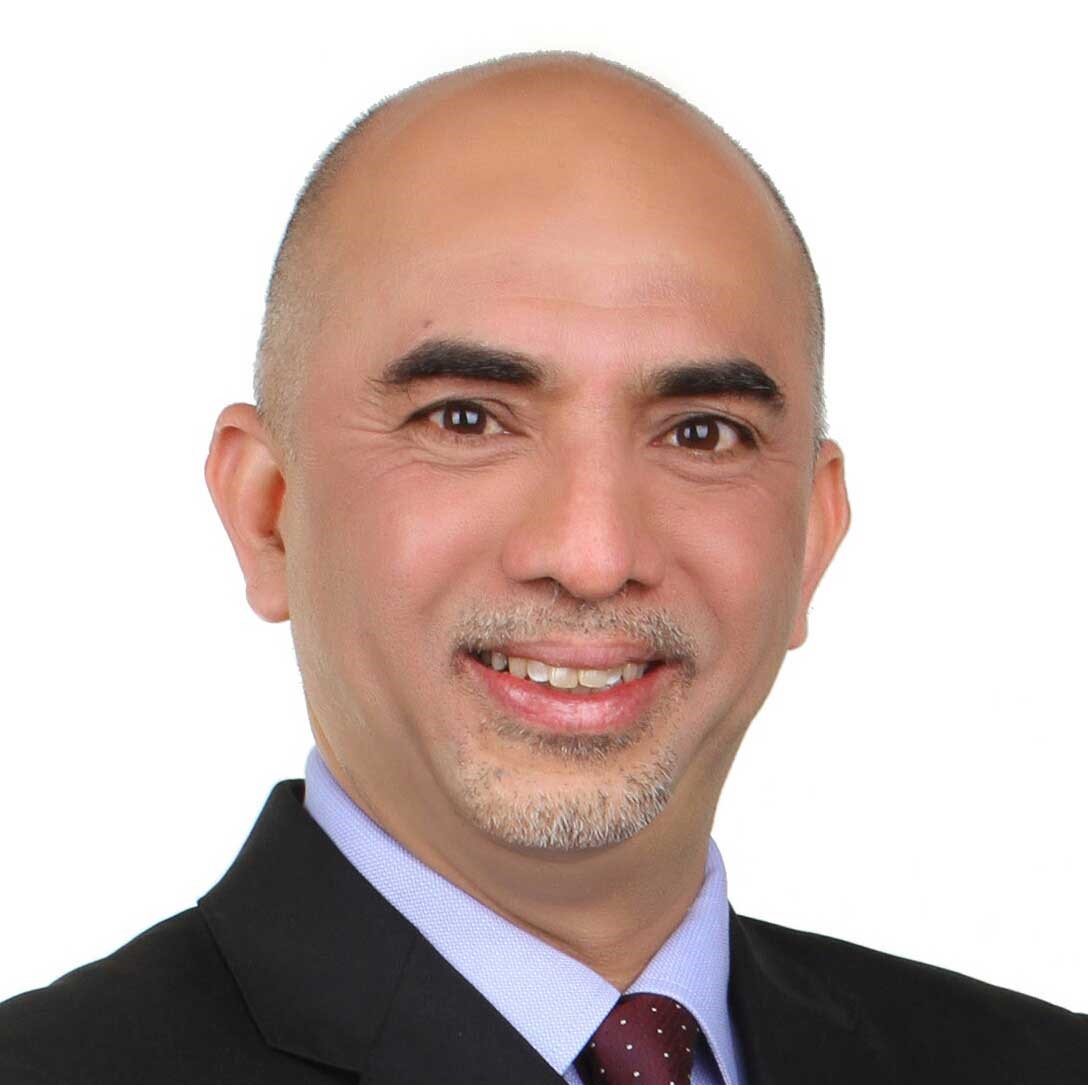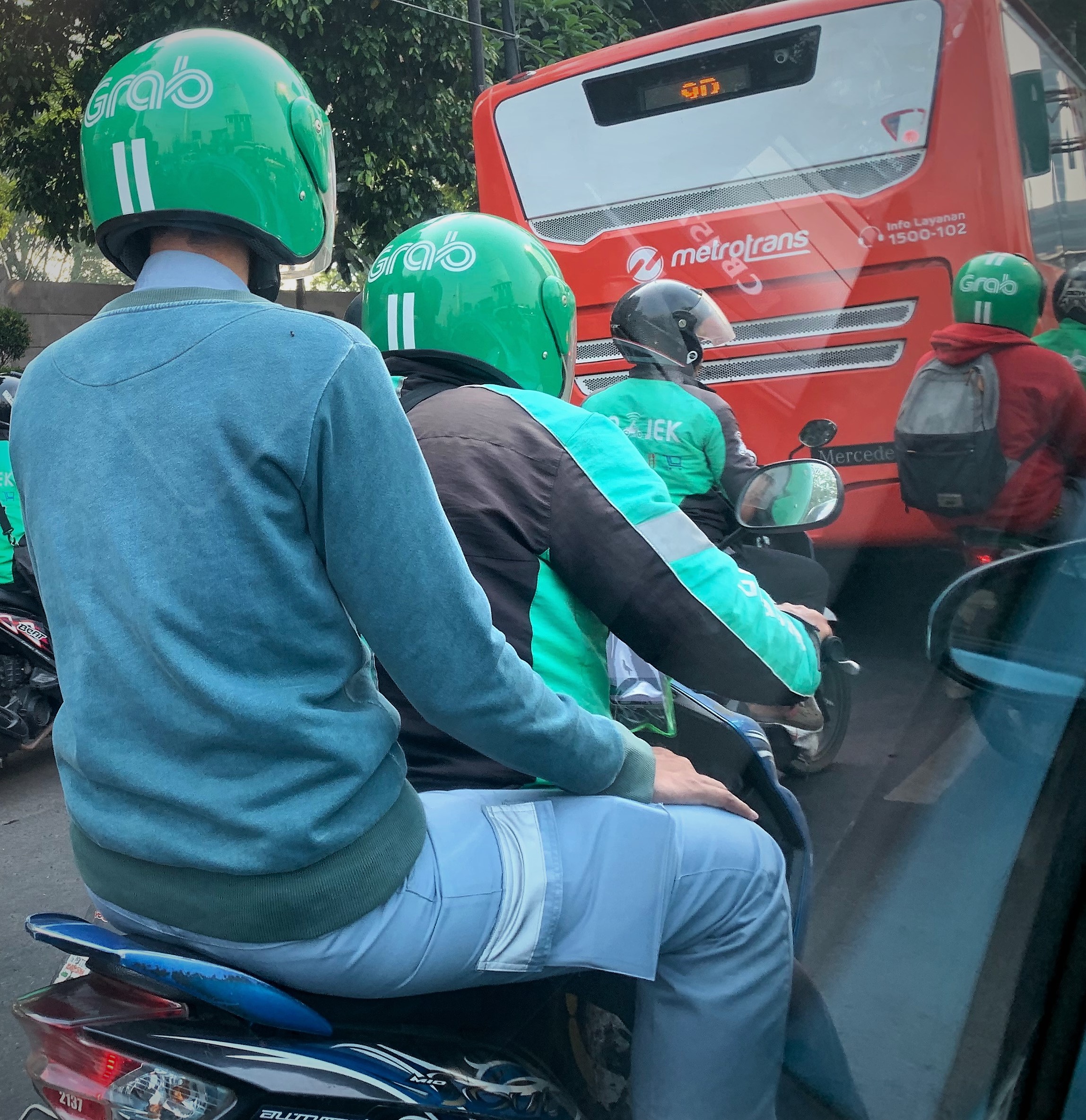
Five Years of Impact: Using Design to Make a Better World
October 25, 2019
Threat Roundup for October 18 to October 25
October 26, 2019Microsoft + Grab = digital skills for driver-partners and families in APAC

 At Microsoft, our mission is to empower every person on the planet to achieve more. We know that technology will be a robust enabler for Southeast Asia, which is poised to be a frontrunner in the brave new world of digitalization, innovation and transformation.
At Microsoft, our mission is to empower every person on the planet to achieve more. We know that technology will be a robust enabler for Southeast Asia, which is poised to be a frontrunner in the brave new world of digitalization, innovation and transformation.
With estimates that the region will become the world’s 4th largest economy by 2030, digital skills are clearly in demand and it is reassuring to know that workers in the region are willing to be upskilled. In a study we did with IDC, 14% of workers felt that learning new skills was a challenge, while 20% of business leaders felt that it may be too difficult for workers to learn new skills.
Echoing this disconnect is Microsoft’s Asia Data Culture Study 2016, which shows that only 45% of business leaders polled have invested in training to increase the skill sets of their employees in data capabilities, although the lack of digital skills was ranked third as a barrier holding back organizations from data-driven transformation. Thus, it’s clear that the onus is on every business leader to provide more training opportunities for workers to upskill themselves.
And we know this will have a positive impact in every industry. Did you know that 10% of jobs in sports and 16% of jobs in the humanitarian fields today require Science, Technology, Engineering or Math (STEM) skills? LinkedIn data also indicates that cloud computing will be the most in-demand hard skill of 2019, followed by artificial intelligence.
Yet, there remains a gap between what is needed for the future of the work, industry and country AND the skills available. Which is all the more reason why we were excited to partner with Grab in order to bridge this digital skills gap. Our shared vision of raising the level of digital literacy and creating pathways for the jobs of tomorrow will result in a future where every person in Asia Pacific has the skills and knowledge to succeed.
Digital Skills for our future
Microsoft and Grab are partnering with universities in Southeast Asia to develop tech talent with applied learning, through industry-relevant challenges and facilitated learning experiences such as hackathons and internships.
Along with industry-recognized content and curriculum, we provide access to comprehensive technology tools such as Azure for Education, which enable students and educators to build cloud-based skills.
As a pilot, students from the University of Indonesia (UI) and Bandung Institute of Technology (ITB) will be offered a Microsoft certification program. The program includes a mix of fundamental and role-based certifications, focused on cloud applications and infrastructure, as well as data and artificial intelligence disciplines. More universities across Southeast Asia are expected to come on board in the next six months.
But it isn’t enough to focus on students only, as Microsoft also partners with nonprofit organizations to ensure millions of underserved young people across the region have access to digital skills training and inclusive computer science education.
Advancing Tech-enabled Careers
In addition to training and upskilling, Microsoft and Grab are also committed to creating pathways for Grab driver-partners to pursue tech-enabled careers. With support from global nonprofit Generation: You Employed, a global ‘skilling-to-employment’ organization, the program will include a practicum-based curriculum which enables Grab driver-partners to be certified by Microsoft and get matched for interviews in technology roles across both our partners ecosystems. The first pilot program in Singapore aims to upskill approximately 100 driver-partners, with the first batch trained by June 2020.
Singapore aims to upskill approximately 100 driver-partners, with the first batch trained by June 2020.
In Malaysia, digital skills development remains a top priority in our national agenda, with the largest chunk of the government’s national budget being poured into education. Leveraging on public and private partnerships, policymakers have been spearheading a national digital transformation journey that aims to turn Malaysia into the digital hub in the region. Having had a footprint in the nation for over 25 years, Microsoft has embarked on a number of nationwide initiatives and partnerships, including the launch of the STEM4ALL initiative, the establishment of the Future Ready ASEAN platform and the creation of the Microsoft-Univerisiti Malaysia STEM Learning Space, all of which aim for a singular objective of developing digital skills among Malaysians.
In doing so, we hope to equip the future Malaysian workforce with the necessary skills to survive the 4th Industrial Revolution and to provide them with an opportunity for careers in STEM-related fields, which will be essential in a future that is increasingly digital. Therefore, the regionwide partnership that we have with Grab, which has a huge footprint in Malaysia, is truly welcomed as it is in line with our nation’s goal of upskilling and growing digital talent.
Upskilling to Unlock New Opportunities
Rolling out from November, Microsoft’s Digital Literacy certification program will be made available to Grab driver-partners through GrabAcademy.
Grab and Microsoft have also joined forces with the ASEAN Foundation and Empire Code to provide inclusive computer science education to drivers’ spouses and children. This is part of the FutureReadyASEAN platform, an initiative that aims to enable 46,000 underserved youths to thrive in a digital economy. I’m excited that we, Microsoft and Grab, have taken another step towards inspiring young people and providing opportunities for them to innovate, ideate, create, transform and disrupt their industries, communities and countries.
Continuing to Inspire the Future of Work
This partnership with Grab continues our mandate to provide people in Southeast Asia with the edge to succeed in an increasing digital world of work. Earlier this year we joined the World Economic Forum’s Digital ASEAN initiative – to train 20 million people in Southeast Asia by 2020. Working closely with government, nonprofit organizations and like-minded companies, we continue to drive tech for good, providing access to learning resources, training and skill-based hiring to bring about a positive and scalable impact to Southeast Asia.
I have noticed that while the world is filled with talented young people who have brilliant ideas and a deep desire to create a better world, it is often the lack of access to skills training, to technology, and with that, jobs that prevent them from truly thriving. To me, our partnership with Grab is probably the most inspiring and promising next step in the digital transformation journey for Asia Pacific.
Welcome to a better world. Welcome to our (skilled) future!
The post Microsoft + Grab = digital skills for driver-partners and families in APAC appeared first on Microsoft Malaysia News Center.

